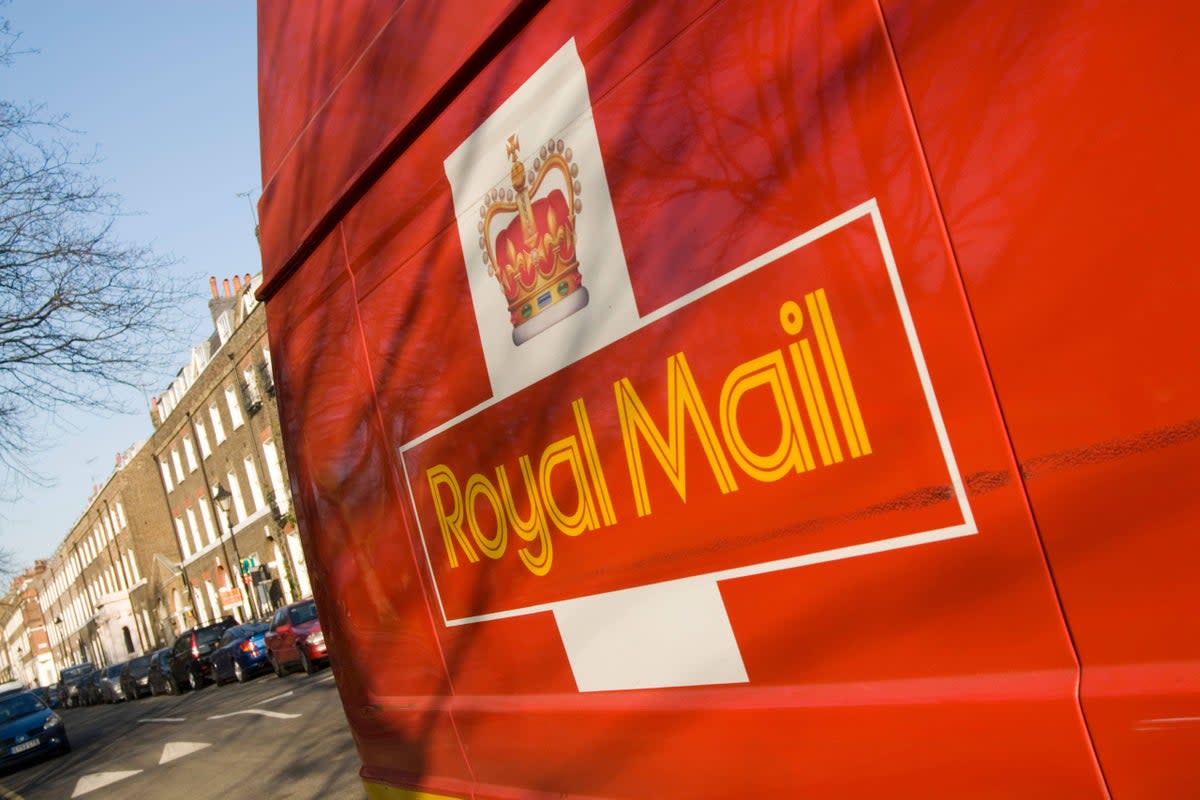OPINION - It’s too expensive to send a letter — we should renationalise Royal Mail, not sell it abroad

The other day I got the shock of my life at the post office where I was sending a letter to Ireland to find the nice man on the counter was asking me for £2.50 for a stamp. Two. Pounds. Fifty. “What,” I said weakly. “Yep,” he said, plainly used to customer incredulity. “That’s the price now.” But then I’m forever being thrown by the price of postage. In March 2022, a first-class stamp cost 85p and a second-class stamp 66p. Now it’s £1.35 for first-class and 85p for second. Breaking the pound barrier for a stamp was quite the shock.
I do realise it dates me that I’m bothered about this. My teenage daughter needs scrutiny when she addresses an envelope, because her school never taught her how to write and send letters. The reason for the generational divide on post isn’t just texts, but cost.
I’d say we should all be interested in the proposed takeover of Royal Mail by the reclusive Czech billionaire, Daniel Kretinsky who already has 27.5 per cent of shares in the company that owns Royal Mail, International Distributions Service, IDS. The board is minded to accept his offer. He declares that he has the utmost respect for the history of the company and will ensure the Royal Mail continues to be UK-based, paying UK tax. Very good of him, I’m sure, but it is not enough.
What’s quite staggering is the want of outrage about the proposed takeover of the postal service, a critical element of national infrastructure by a foreign private-equity owner. It is every bit as important as any of the utilities we don’t like to see in the hands of overseas investors. Even if you don’t use it more than to send Christmas cards, or to get letters from the bailiffs, it matters that we may not any longer be able to rely on a universal postal service anywhere in the country for the price of a postage stamp, or a six-day delivery for first and second-class post.
Even if you don’t use it, it matters that we may not be able to rely on a universal postal service
Mr Kretinsky may not even be that interested in Royal Mail. Some observers, including The Spectator’s Martin Van der Weyer, think that his real interest is in GLS, the profitable Dutch postal delivery service also owned by Royal Mail’s parent company. Once he’s got that, he may offload Royal Mail. Whatever, his commitments to the company, including to a universal service, are limited to five years. After that, all bets are off. That makes a nonsense of Kemi Badenoch, the Business Secretary, saying she will look for “cast-iron” guarantees for the universal service.
And if he was thinking of restricting the delivery of second-class post to every other weekday, he will be helped by the fact that Royal Mail — that is, IDS — has already had that bright idea and suggested it to Ofcom. In other words, the service used by poor pensioners would be even more second-class.
It’s one of the umpteen things, I think, that Tory voters didn’t quite expect when they voted Conservative. Turning the postal service into a luxury isn’t terribly conservative, is it? Ever since the introduction of the penny post, people have correctly regarded the mail service as belonging to everyone — and the Victorian post, incidentally, was infinitely superior to ours, with deliveries several times a day. It’s why, if Kemi Badenoch is serious about her claim to being in touch with Tory values, she should block the bid. She has the power to do it under the National Security and Investment Act and she should.
The Tories have, in fact, made a mess of the mail. Privatisation was a mistake given the critical importance of a decent postal service to the nation. Separating the Post Office, where we post stuff, from the Royal Mail, which delivers it, makes no sense. Presiding over the progressive degradation of the service is unforgiveable. Granted, the Royal Mail is moving in the direction of other European postal services with its cuts and price rises, but they’re worse than this country’s: see the Dutch.
The postal unions, thank goodness, are trying to ensure that letters delivery is protected in any deal as well as the profitable parcels service. And the decline in the volume of letters — it’s halved since 2011 — doesn’t need a genius to explain. The price of a first and second-class stamp was 46p and 36p respectively in 2011. How can I put this? If you almost triple the price of a service you cannot be wholly surprised if demand for it halves.
The rational approach to the Royal Mail is to see it as a national asset, critical to the proper functioning of communications, so, not just a profit-making concern. The ideal is renationalisation, but it should remain tightly regulated and in UK hands. Otherwise, that £2.50 stamp to Ireland may be the new formula: pay more, for worse.
Melanie McDonagh is an Evening Standard columnist


